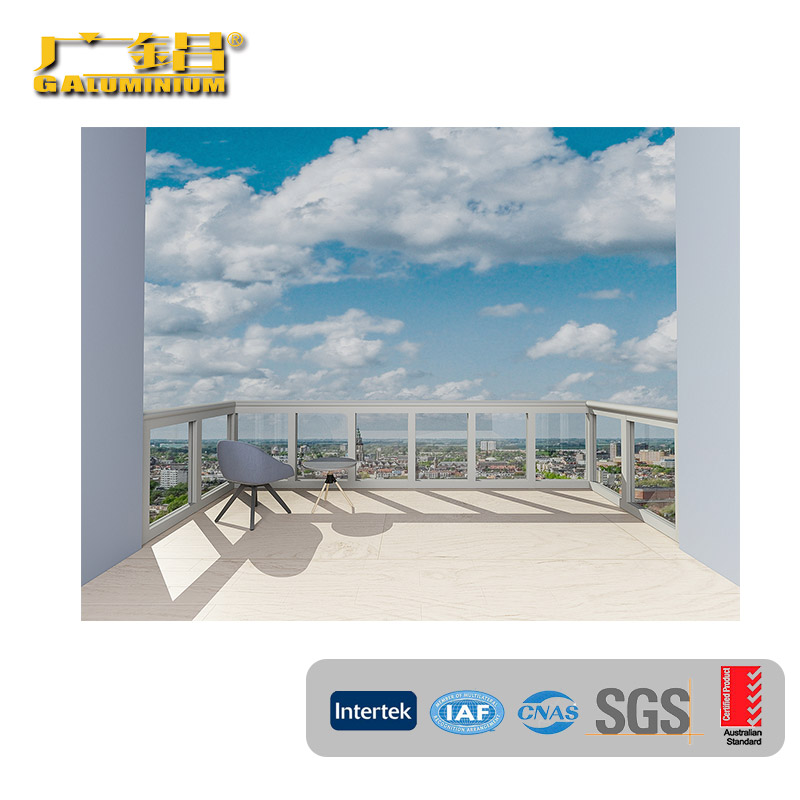Aspects related to aluminum handrails
2023-12-05
Aluminum handrails are railing systems designed to provide support and safety for individuals ascending or descending stairs, ramps, or other elevated areas. These handrails are made primarily from aluminum due to its lightweight nature, corrosion resistance, and durability. Here are key aspects related to aluminum handrails:
1. Material:
- Aluminum Construction: Aluminum is a popular choice for handrails due to its corrosion resistance, lightweight properties, and ability to withstand outdoor elements.
2. Types of Aluminum Handrails:
- Guardrails: These handrails are designed to prevent accidental falls and provide a protective barrier along stairs, balconies, or elevated platforms.
- Handrails for Stairs: Installed along staircases, these handrails assist individuals in ascending or descending safely.
- Ramp Handrails: Handrails designed for ramps provide support for individuals navigating sloped surfaces.
- Balcony and Terrace Handrails: Used for safety and as a decorative element in outdoor spaces.
3. Design and Aesthetics:
- Customization: Aluminum handrails offer design flexibility and can be customized in terms of shape, size, and finish to complement the overall design of the structure.
- Powder Coating: Handrails can be finished with powder coating in various colors to enhance their aesthetics and match the surrounding architecture.
4. Installation:
- Surface Mount or Embedded: Handrails can be either surface-mounted or embedded into the structure, depending on the design requirements and installation preferences.
5. Functional Features:
- Grip Design: Handrails are designed with a comfortable grip, ensuring that individuals can securely hold onto them.
- Height and Dimensions: Handrails are typically designed to meet specific height and dimensional requirements to comply with safety standards and regulations.
6. Safety Standards:
- Compliance: Aluminum handrails are often designed to comply with safety standards and building codes, ensuring that they provide adequate support and meet regulatory requirements.
7. Weather Resistance:
- Corrosion Resistance: Aluminum's natural resistance to corrosion makes it suitable for outdoor applications, providing long-term durability even in varying weather conditions.
8. Maintenance:
- Low Maintenance: Aluminum handrails require minimal maintenance. Regular cleaning with soap and water is usually sufficient to keep them in good condition.
9. Accessibility:
- ADA Compliance: Handrails can be designed to comply with the Americans with Disabilities Act (ADA) requirements, ensuring accessibility for individuals with disabilities.
10. Integration with Other Materials:
- Combination with Other Materials: Aluminum handrails can be combined with materials such as glass, wood, or stainless steel to achieve a desired aesthetic or functional outcome.
Aluminum handrails are commonly used in residential, commercial, and public spaces to enhance safety and provide support in areas where people traverse elevated surfaces. Their versatility, durability, and aesthetic appeal make them a popular choice for a wide range of architectural applications.



